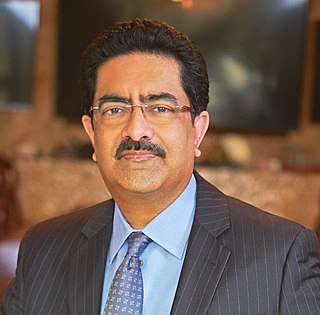A Quote by Paul A. Baran
The principal impact of foreign enterprise on the development of the underdeveloped countries lies in hardening and strengthening the sway of merchant capitalism, in slowing down and indeed preventing its transformation into industrial capitalism.
Related Quotes
What Asia's postwar economic miracle demonstrates is that
capitalism is a path toward economic development that is potentially
available to all countries. No underdeveloped country in the
Third World is disadvantaged simply because it began the growth
process later than Europe, nor are the established industrial powers
capable of blocking the development of a latecomer, provided
that country plays by the rules of economic liberalism.
After reading The Great Transformation by Karl Polanyi, I realized that capitalism did not naturally grow as [Karl] Marx would imply by his theory of historical materialism. People were dragged into capitalism screaming, shouting, and fighting all along the way, trying to resist this industrial and commercial world.
People think what's in the US today is capitalism. It's not even close to capitalism. Capitalism doesn't have a central bank, capitalism doesn't have taxes, it doesn't have regulations; capitalism is just voluntary transactions. What they have in the US today I call crapitalism. But it's sad that so many people are confused and they think, 'Oh that's free markets in the US', when it's one of the least free market countries on earth.
Truth is found neither in Marxism nor in traditional capitalism. Each represents a partial truth. Historically capitalism failed to see the truth in collective enterprise, and Marxism failed to see the truth in individual enterprise. Nineteenth century capitalism failed to see that life is social and Marxism failed and still fails to see that life is individual and personal. The Kingdom of God is neither the thesis of individual enterprise nor the antithesis of collective enterprise, but a synthesis which reconciles the truths of both.
There's a real difference between venture capitalism and vulture capitalism. Venture capitalism we like. Vulture capitalism, no. And the fact of the matter is that he's going to have to face up to this at some time or another, and South Carolina is as good a place to draw that line in the sand as any.
Marx's own illusion was to think that the working class movement, which he devoted his life to creating and strengthening, would both be socially and politically successful in the industrial nations of Western Europe, and that it would develop an entirely new way of human social life that would retain and even enhance the productive benefits of capitalism while overcoming the inhumanity and exploitation of capitalist social relations. Marx himself had no solutions to these problems. His object of study was capitalism itself.



































